‘Black-Jew Dialogues’ tackles race issues
The juxtaposition of comedy and serious discussion were found during “The Black-Jew Dialogues” in the Grand Ballroom of the Martin Luther King Jr. University Union Wednesday.
The performance, hosted by the University Board, was a part of the “Diversity and Desserts” cultural arts program.
Darius Francis, a sophomore communication studies major and the UB cultural arts coordinator, said the program was brought to campus to help students stop focusing on everyone’s differences and to bring them together.
“We want people to learn to talk about their differences and similarities, but then we should put those aside and stop stereotyping,” Francis said.
Performed and written by Ron Jones and Larry Jay Tish, the program was meant to educate and help students talk about what they believe while making them laugh.
Jones and Tish started by jokingly telling the audience to turn off their beliefs and feelings about other races and to hear them out.
They traded off words throughout their introduction.
“While you turn off your cell phone, we ask that you turn off your prejudice, bias, racism, bigotry, hatred, ignorance, preconceived notions of things you don’t know or don’t understand, cynicism,” Jones and Tish both added. “And turn on your faith, peace, hope, wisdom, compassion, knowledge and turn on your love.”
Jones and Tish explained they did not want the audience taking the skits or the words seriously. They wanted the audience to view the skits and see the overall message.
“We are going to present you with ‘thangs’ to think about,” Jones said. “Don’t get caught up in the words but in the message.”
During the performance, they would incorporate mini-skits within the overall show.
Jones and Tish discussed African-American and Jewish-American history and the stereotypes but stopped the discussion to dress up like old, plump women.
Jones acting as Mabel and Tish acting as Esther talked about their lives living with racism and stereotypes.
Both characters in the skit talked about their experiences with other races and faiths that reinforced stereotypes.
In turn, they acted hateful toward each other.
After talking with each other, Jones and Tish’s characters apologized and had a better understanding of each other’s race and religion.
Another skit was about a program meant to put a black person in every white community.
Tish’s character was surprised to see Jones in the white neighborhood, but Jones explained that he was there because of the O.N.E. program.
“We were sent as part of the program! The reason why white people are so afraid of us is because they never get to see us. We’re all in the cities,” Jones said. “The only time you get to see us is on TV.”
When the skits ended, Jones and Tish discussed with the audience about why they wrote the dialogues and how the audience felt about the issues.
Tish explained that it is in people’s nature to hate.
“If we were invisible, human beings would find a reason to hate each other,” Tish said.
Jones said the reason for this show was to break down the race and religion barriers between people and to open up conversation to other faiths, races and cultures in the United States.
“Everyone ends up at the crosshairs of hate. Nobody likes it,” Jones said. “It doesn’t matter who you are, you end up there.”
Amanda Wilkinson can be reached at 581-2812 or akwilkinson@eiu.edu.

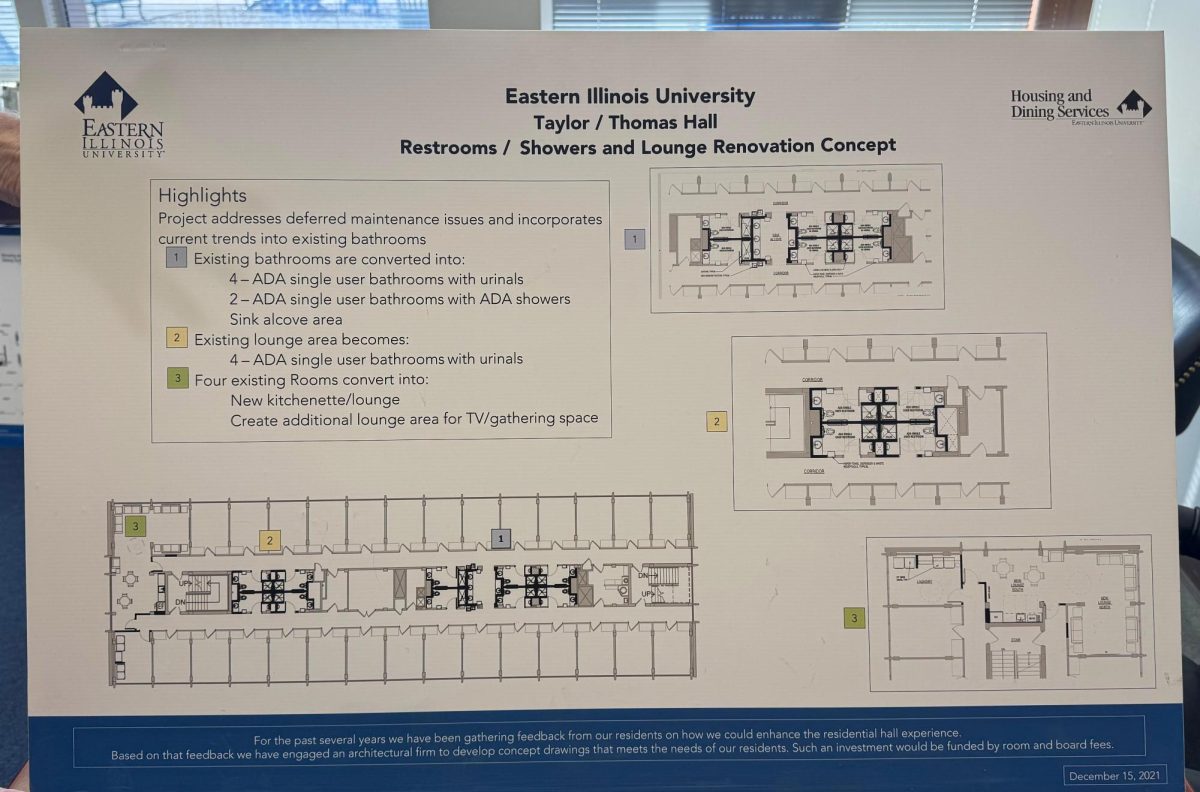
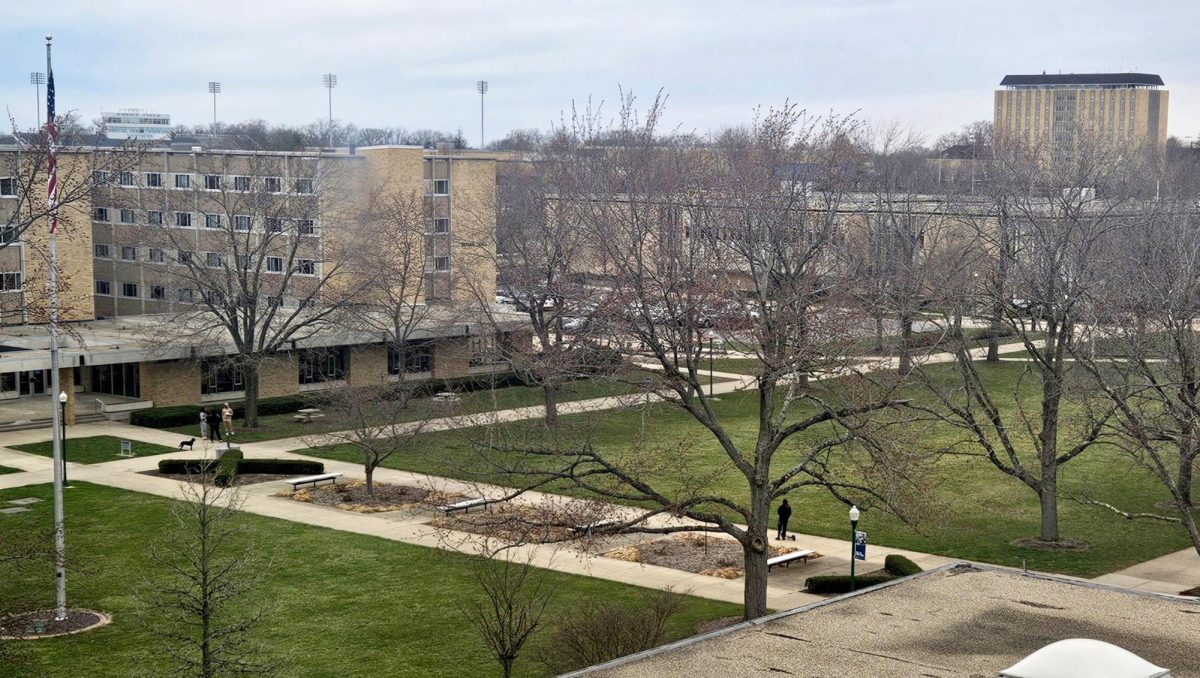

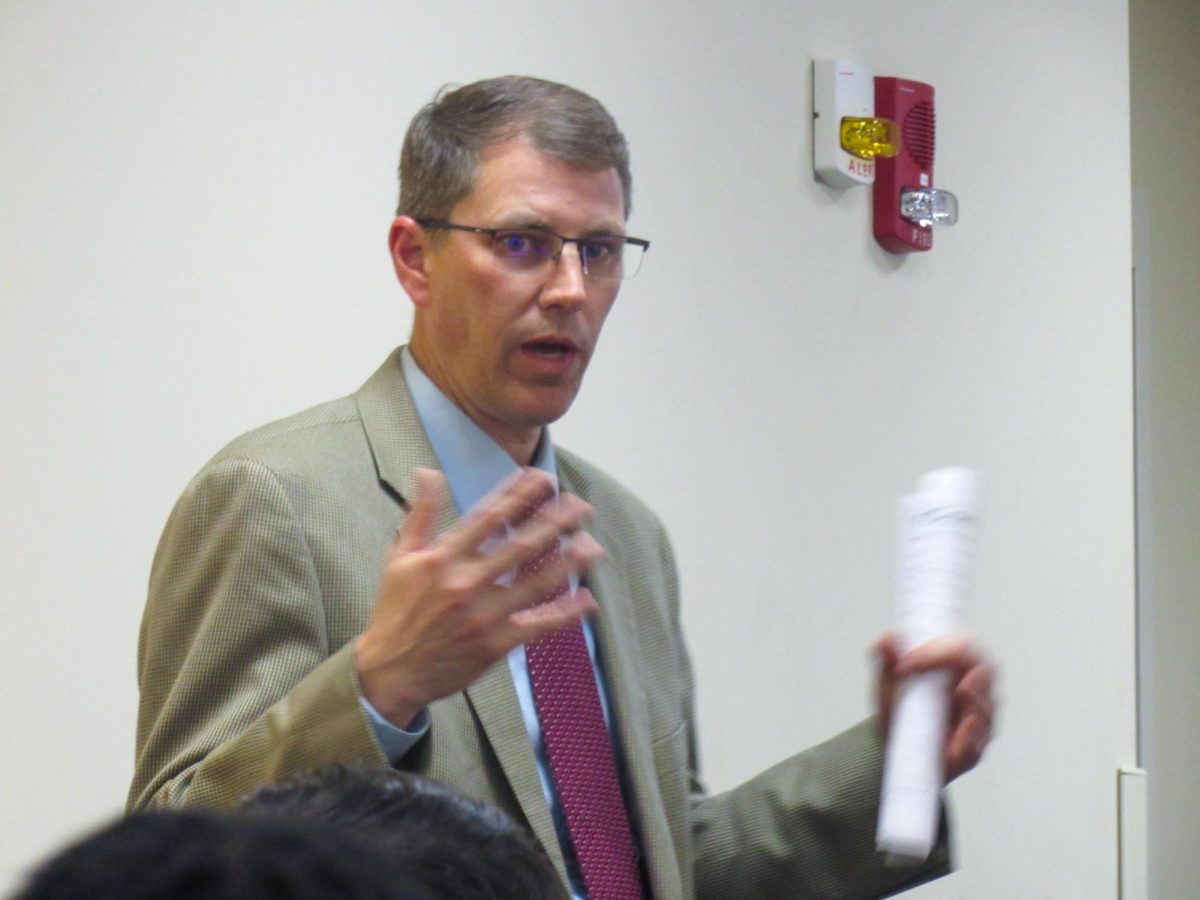
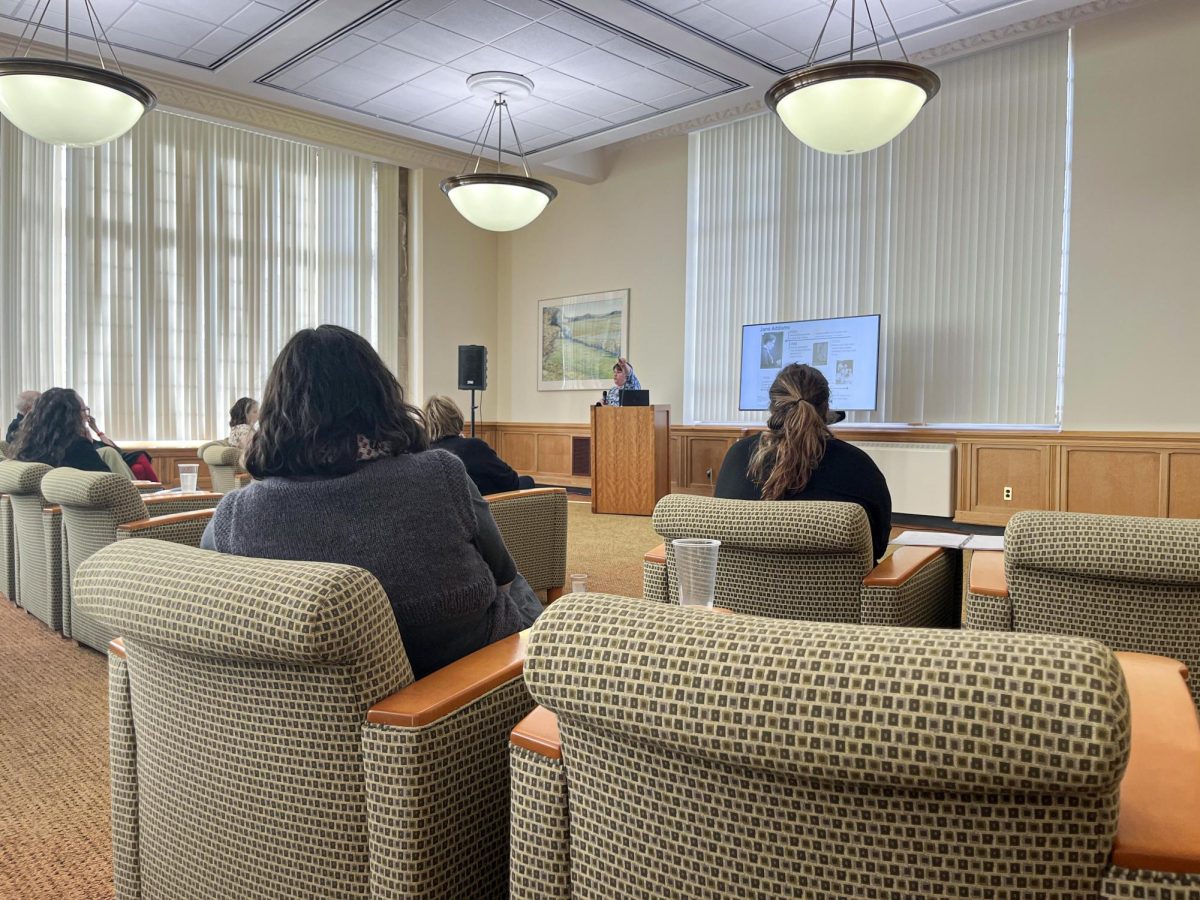


![[Thumbnail Edition] Eastern Illinois University baseball senior utility player Tyler Castro fields a ground ball during the team's first intrasquad scrimmage of the season on Jan. 31.](https://www.dailyeasternnews.com/wp-content/uploads/2025/03/BB_01_O-e1742874760130-1-e1742907504722-1200x911.jpg)

![[Thumbnail Edition] Senior tennis player Luisa Renovales Salazar hits the tennis ball with her racket at the Darling Courts at the Eastern Illinois University campus in Charleston, ILL.](https://www.dailyeasternnews.com/wp-content/uploads/2025/03/Tennis_01_O-1-e1741807434552-1200x670.jpg)





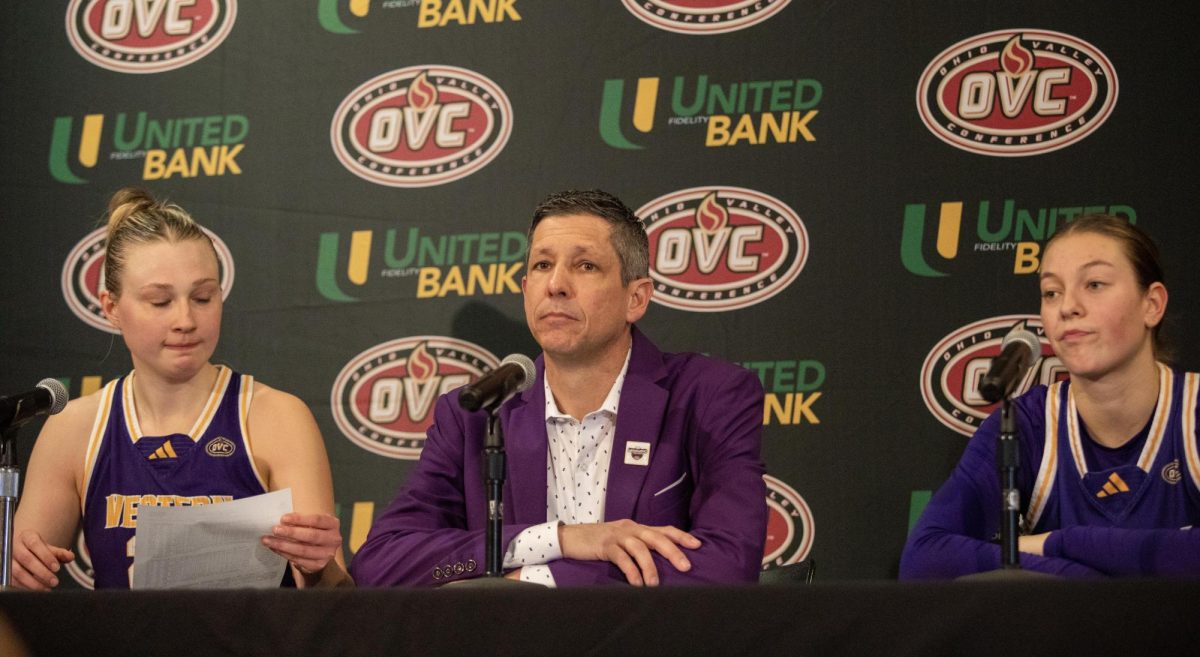



















![[Thumbnail Edition] Senior right-handed pitcher Tyler Conklin pitching in the Eastern Illinois University baseball team's intrasquad scrimmage at O'Brien Field in Charleston, Illinois on Jan. 31.](https://www.dailyeasternnews.com/wp-content/uploads/2025/03/TC_01_O-e1741567955534-1200x669.jpg)
![E[Thumbnail Edition] Eastern Illinois softball freshman utility player Abbi Hatton deciding to throw the softball to home plate in a fielding drill during softball practice at the field house in Groniger arena on Tuesday Feb. 11.](https://www.dailyeasternnews.com/wp-content/uploads/2025/03/SB_03_O-e1741208880750-1-e1741209739187-1200x815.jpg)

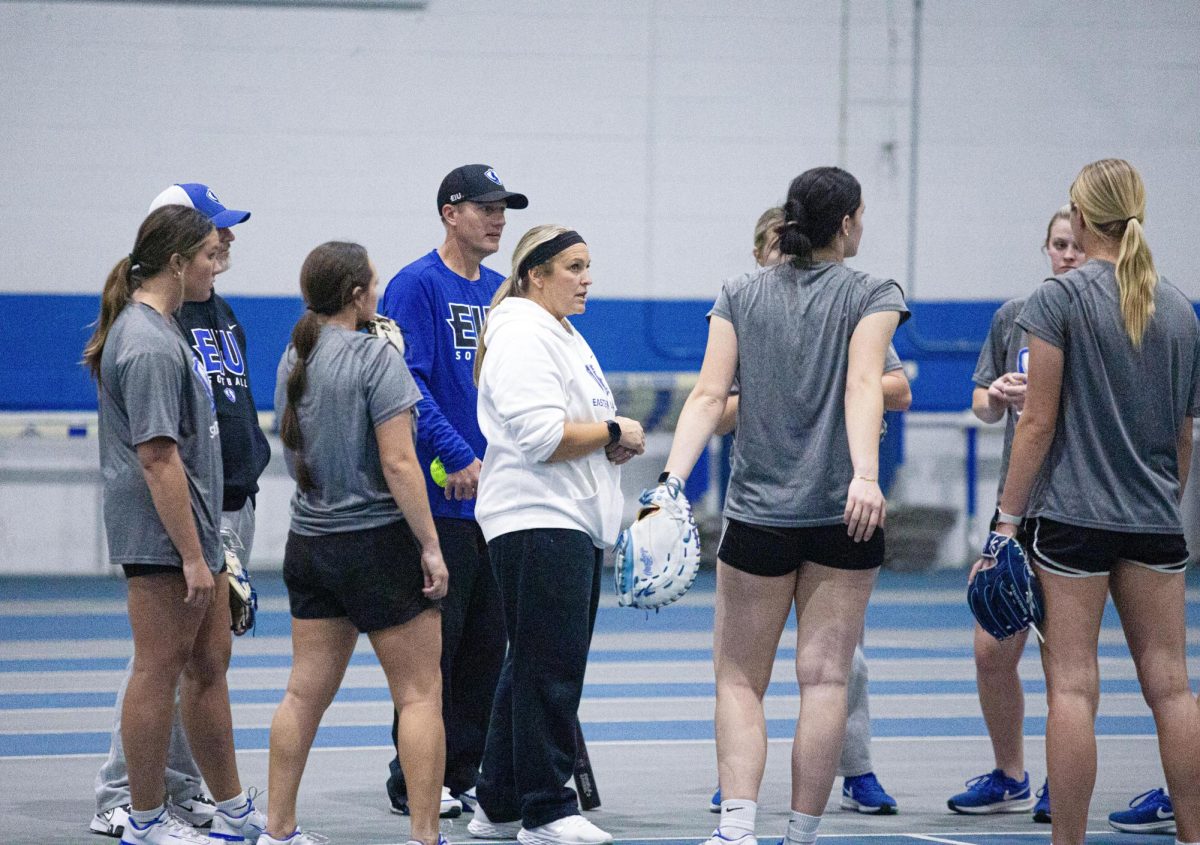













![The Weeklings lead guitarist John Merjave [Left] and guitarist Bob Burger [Right] perform "I Am the Walrus" at The Weeklings Beatles Bash concert in the Dvorak Concert Hall on Saturday.](https://www.dailyeasternnews.com/wp-content/uploads/2025/03/WL_01_O-1200x900.jpg)
![The team listens as its captain Patience Cox [Number 25] lectures to them about what's appropriate to talk about through practice during "The Wolves" on Thursday, March 6, in the Black Box Theatre in the Doudna Fine Arts Center in Charleston, Ill.](https://www.dailyeasternnews.com/wp-content/uploads/2025/03/WolvesPre-12-1200x800.jpg)
















